China on August 24 announced a ban on all seafood from Japan in response to its decision to release treated radioactive wastewater from the Fukushima nuclear plant, escalating already tense relations between the two neighbors.
Japan's waste disposal plan has faced fierce opposition and criticism from many consumers as well as some countries in the region, led by China.
China's customs agency later announced that it would stop importing all seafood products originating from Japan, meaning the ban could extend to products other than seafood such as sea salt and seaweed.
The ban is aimed at preventing “radioactive contamination of food affected by the discharge of water from the Fukushima nuclear power plant” and to protect the health of Chinese consumers, China’s customs authority said in a statement.
Japan has argued that the release of treated water is safe and necessary to free up space at the crippled nuclear plant. The release will begin at 1 p.m. local time, according to Tokyo Electric Power Company (TEPCO).
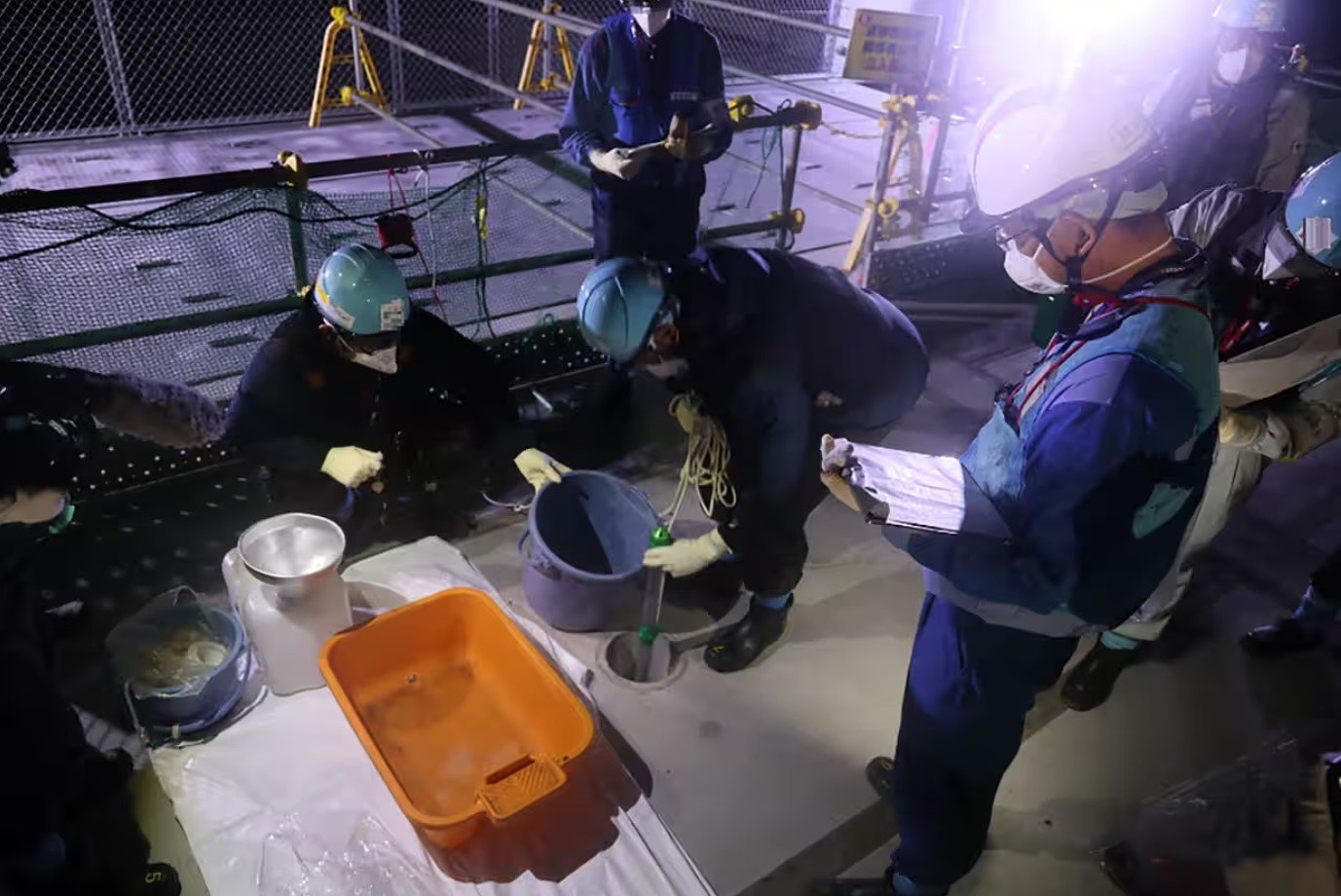
TEPCO workers take water samples during preparations to release treated water at the Fukushima nuclear power plant in Japan. Photo: The Guardian
TEPCO said it plans to release only about 200-210 cubic meters of treated wastewater. It will then release 456 cubic meters continuously over a 24-hour period on August 25 and a total of 7,800 cubic meters over a 17-day period.
The operation will be suspended immediately and an investigation will be conducted if any abnormalities are found in the discharge equipment or the dilution level of the treated wastewater, TEPCO said.
On August 31, the company will collect samples to monitor and ensure the amount of discharged water meets international safety standards.
The devastating 2011 earthquake and tsunami in Japan contaminated water at the Fukushima nuclear plant with highly radioactive substances. The amount of radioactive water has been increasing as Japan pumps in more water to cool the fuel debris in the reactors, and as groundwater and rainwater seep into the area.
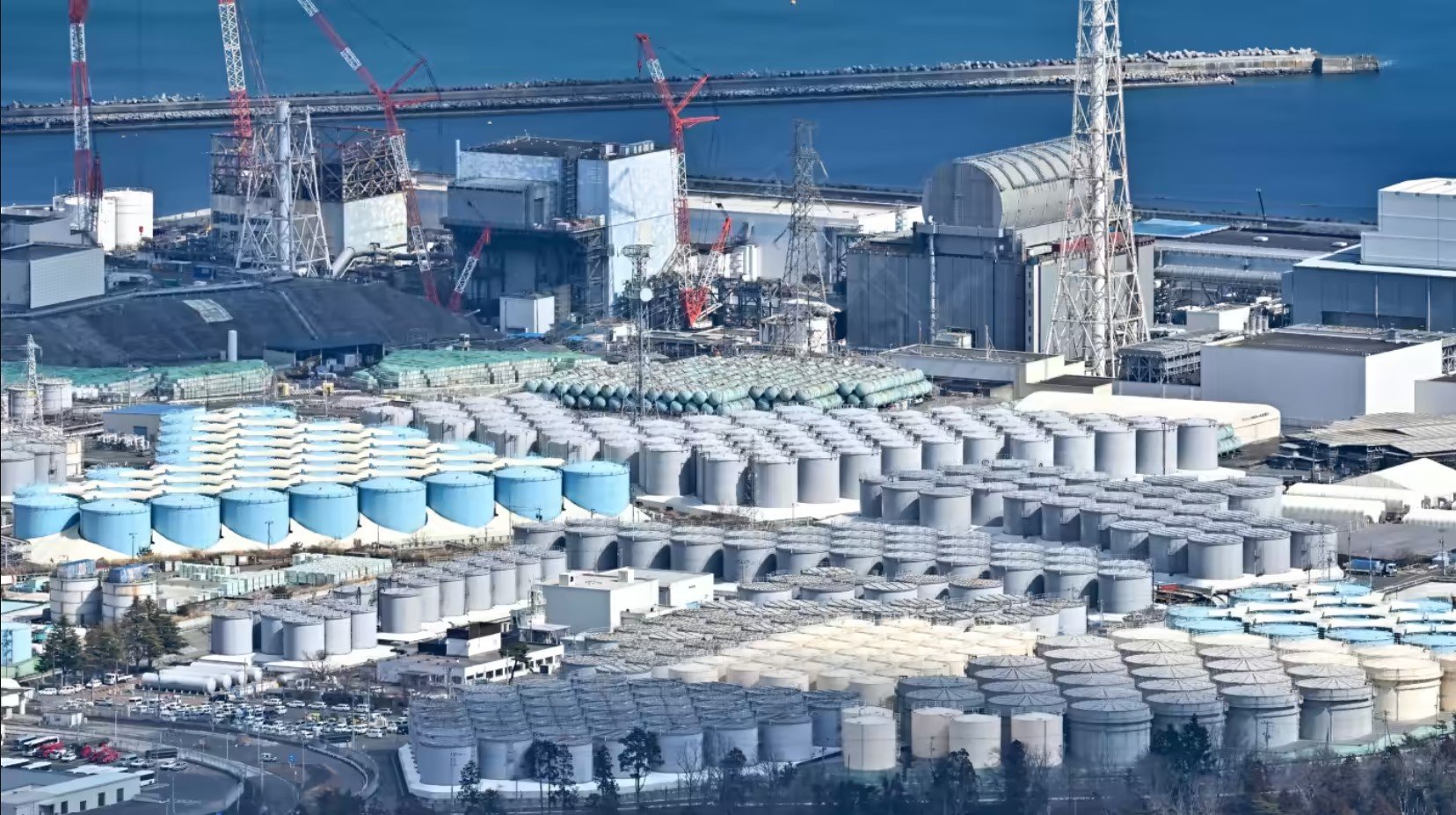
More than 1.3 million tons of water have accumulated at the Fukushima nuclear power plant since the 2011 earthquake and tsunami disaster. Photo: Nikkei
In 2019, the Japanese government warned that the plant had run out of space to store the material, and that it had “no choice” but to release the water in a highly treated and diluted form.
Despite the support of the International Atomic Energy Agency (IAEA) and many other nuclear experts, the plan has faced opposition from China and Pacific nations, who say the discharge could have widespread regional and international impacts and pose a potential threat to human health and the marine environment.
“The ocean is the common property of all mankind, and the discharge of Fukushima nuclear waste water into the ocean is an extremely selfish and irresponsible act that ignores the common international interest,” Beijing's Foreign Ministry said in a statement.
China banned food and agricultural imports from five Japanese prefectures immediately after the 2011 disaster, later expanding the ban to 10 of the neighboring country's 47 prefectures.
In addition to China, South Korea also banned all seafood imports from eight prefectures near Japan's Fukushima in 2013 due to concerns about radiation levels at the plant. South Korea will not lift the ban until public concerns about contamination ease, said Chung Hwang-keun, the country's agriculture minister .
Nguyen Tuyet (According to CNN, The Guardian, Yonhap)
Source






![[Photo] Prime Minister Pham Minh Chinh chairs a meeting on the implementation of the Lao Cai-Hanoi-Hai Phong railway project.](https://vphoto.vietnam.vn/thumb/1200x675/vietnam/resource/IMAGE/2025/5/20/0fa4c9864f63456ebc0eb504c09c7e26)
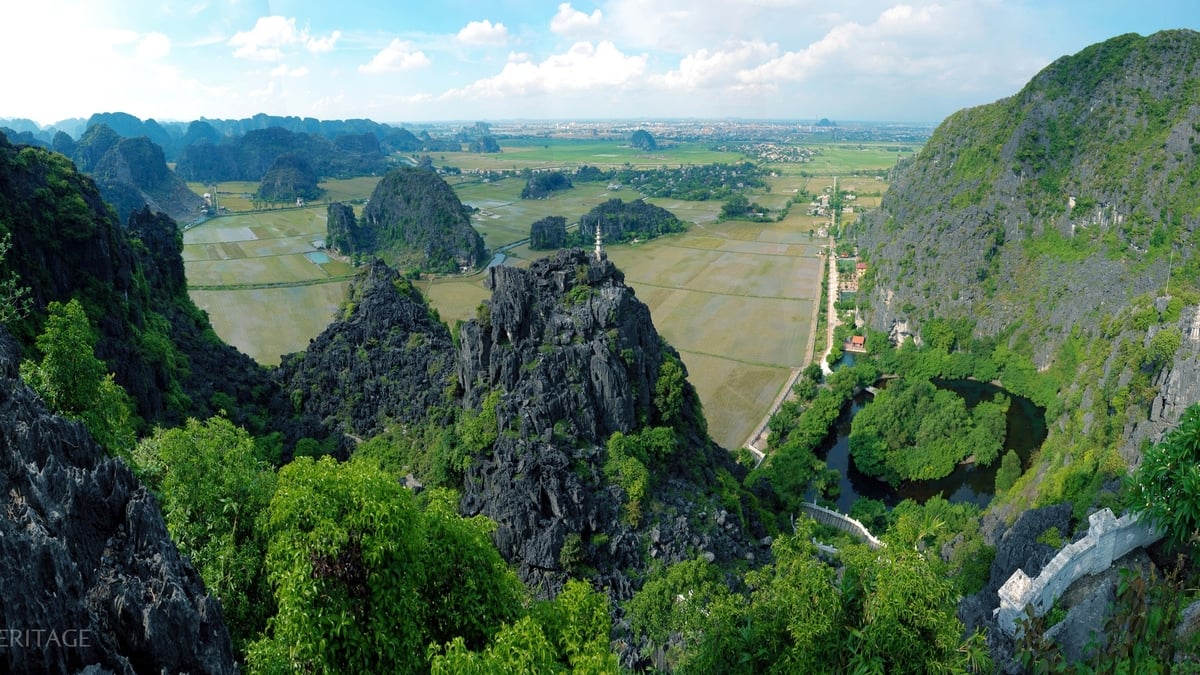
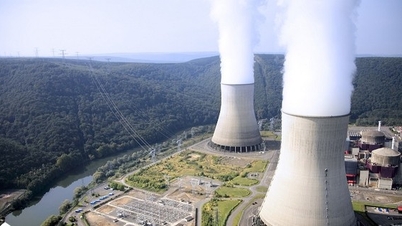







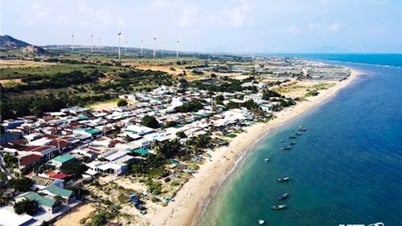





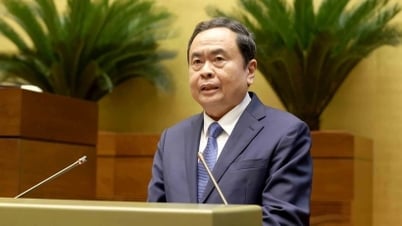
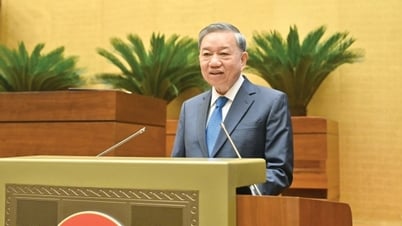
































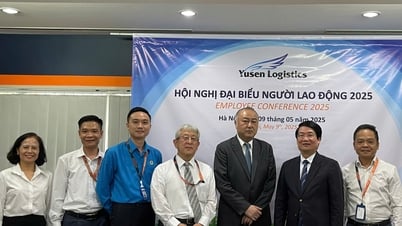







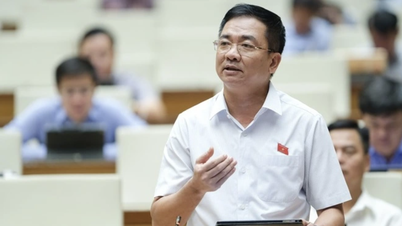




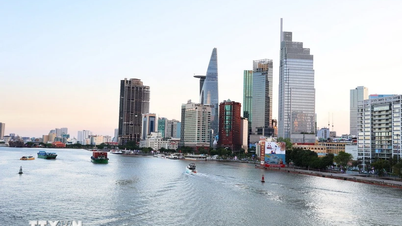
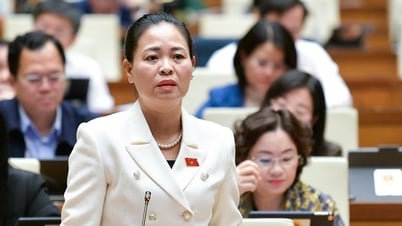

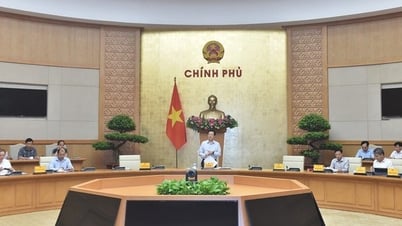

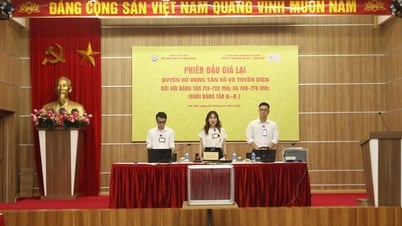

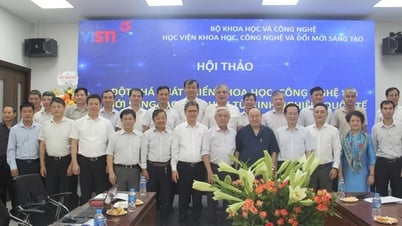
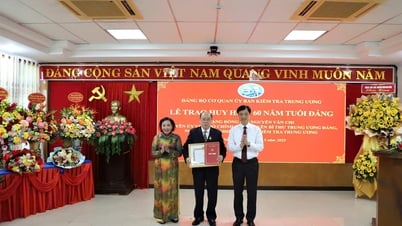


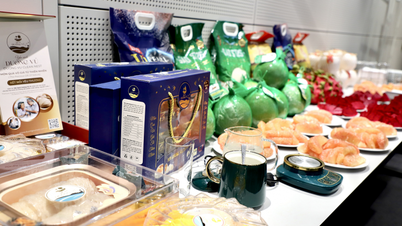





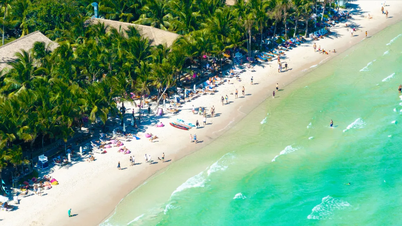


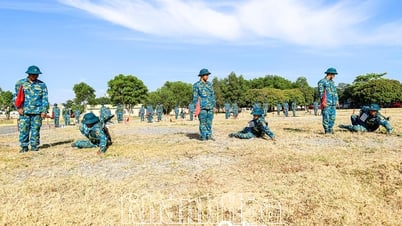












Comment (0)